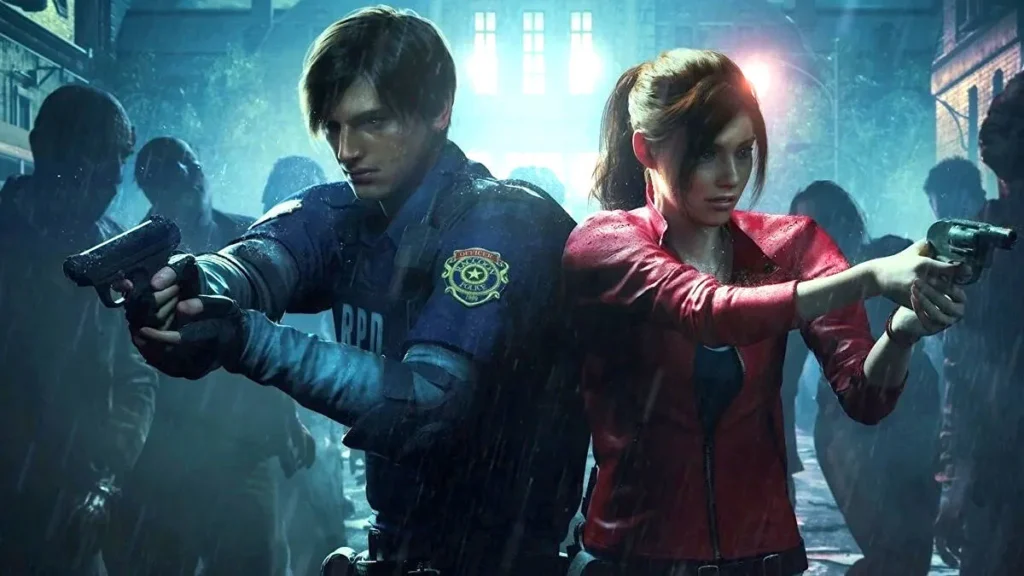
In the vast and often unpredictable realm of video game adaptations, the “Resident Evil” franchise stands as a pillar of both commercial success and fan engagement. Yet, despite its achievements, one cannot help but ponder the unexplored potential had George A. Romero, the undisputed king of zombie horror, been at the helm of the first movie.
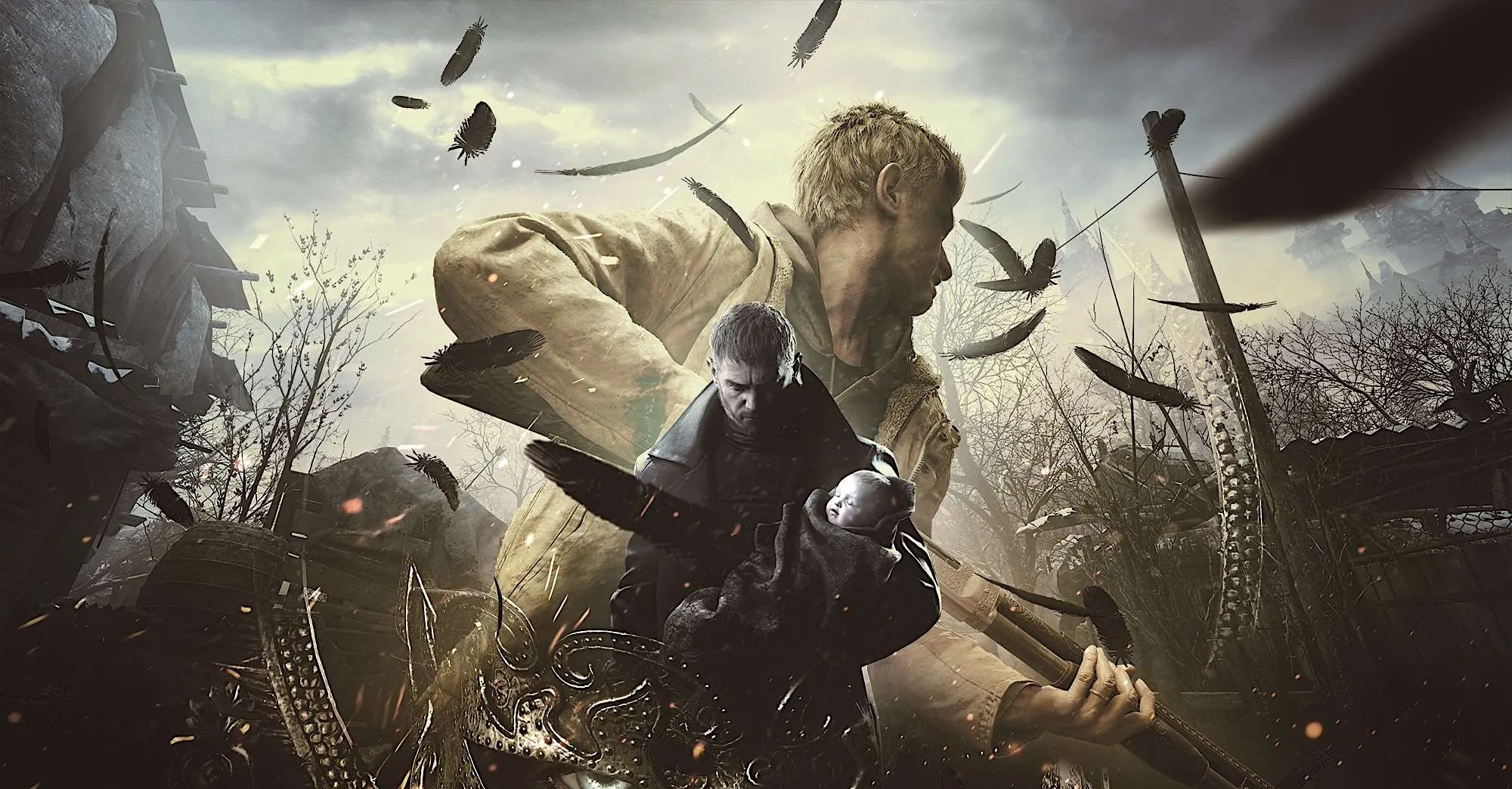
A Vision Interrupted: Romero’s Resident Evil
George A. Romero, renowned for revolutionizing the zombie genre with his 1967 classic “Night of the Living Dead,” was on the brink of directing the first “Resident Evil” film. His relationship with the franchise began when he directed a highly acclaimed commercial for “Resident Evil 2,” which showcased his unique vision and deep understanding of horror, setting the stage for what could have been an iconic partnership.
Despite not being a gamer himself, Romero’s screenplay remained faithful to the series’ roots, promising a film that could bridge the gap between the game’s die-hard fans and cinephiles. However, in a turn of events that many still regret, Capcom and Sony decided against Romero’s vision, opting instead for Paul W. S. Anderson to take the series in a different direction. The rest is history—successful, yet shadowed by the haunting question of “what if?”
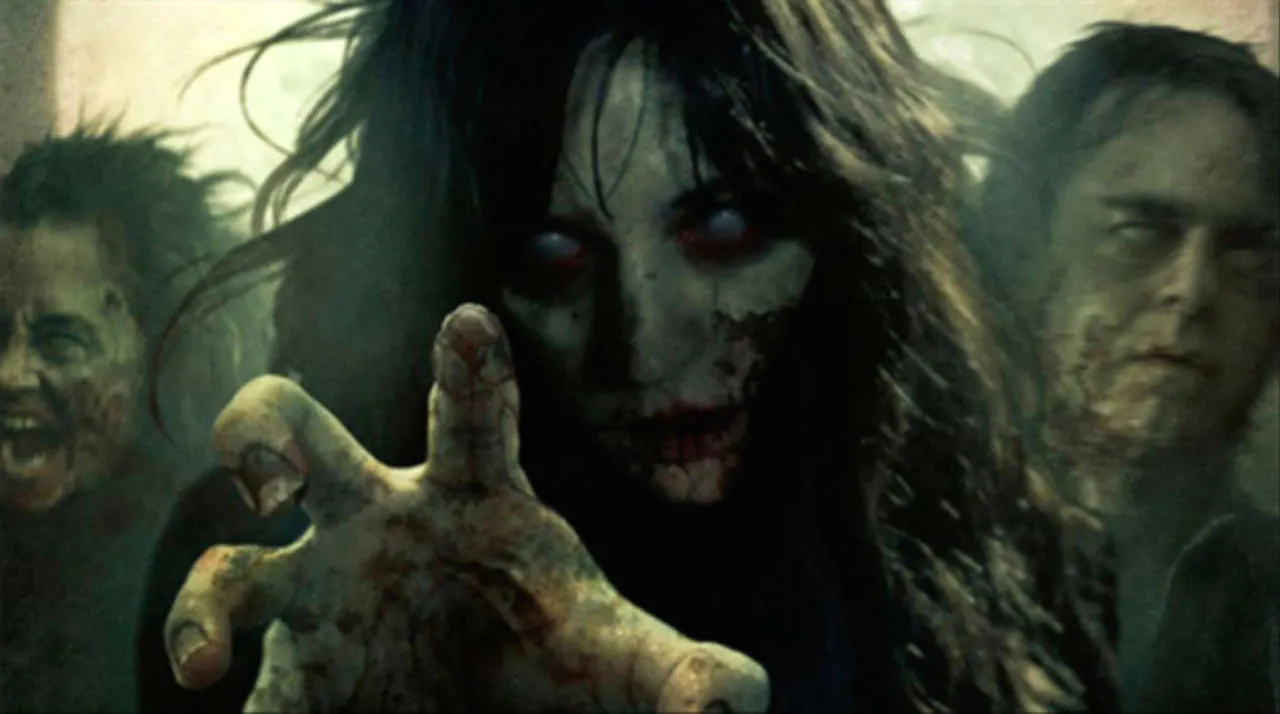
Resident Evil’s Cinematic Journey and Future Prospects
The “Resident Evil” series, under Anderson’s direction, spawned several sequels and amassed a significant following. Though the films did not always receive critical acclaim, their box office success is undeniable. However, the conversation around the franchise remains tinged with speculation about the missed opportunity with Romero.
Fast forward to today, and the “Resident Evil” saga continues to evolve. The latest buzz in the industry is that Zach Cregger, fresh from his work on “Barbarian,” is in talks to direct a new “Resident Evil” movie. After reportedly turning down a reboot of “Clue,” Cregger’s attachment to the “Resident Evil” franchise ignites curiosity about the new directions the series could explore.
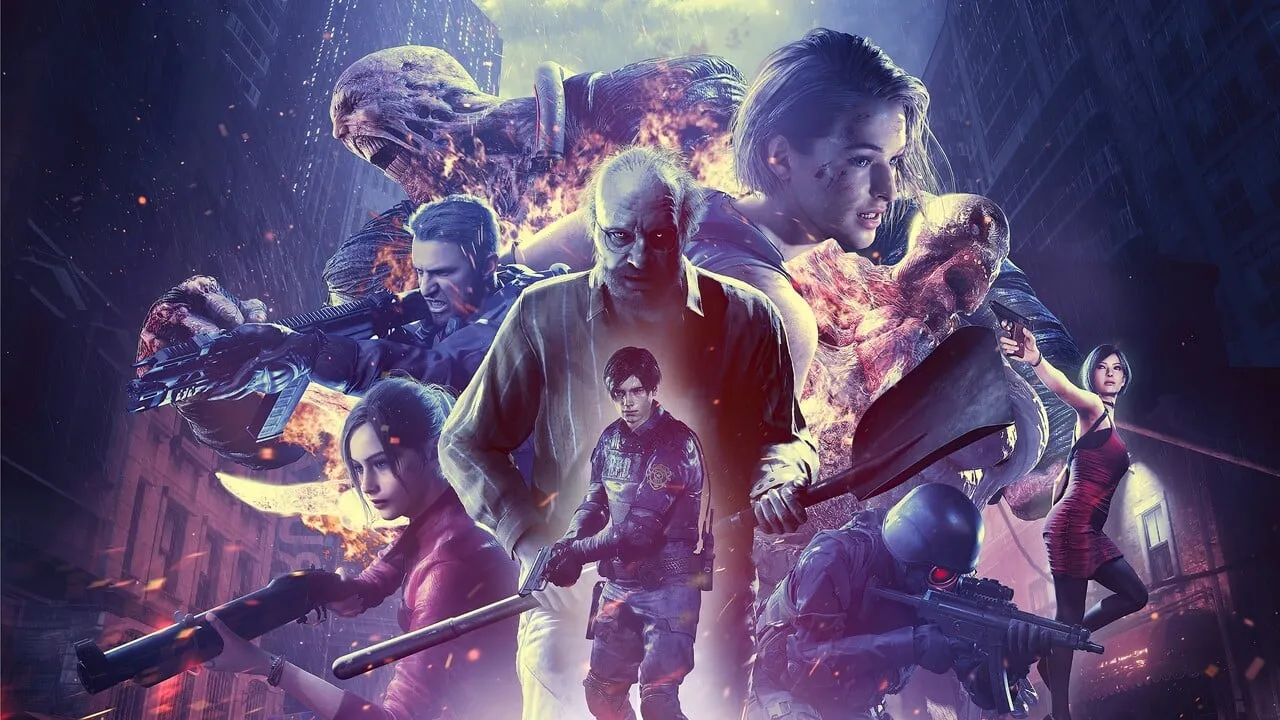
Moreover, despite the mixed reviews of 2021’s “Resident Evil: Welcome to Raccoon City,” the franchise remains a beloved entity, with discussions of another reboot already underway. The previous film, faithful to the video game and shot in Sudbury, Ontario, had teased a sequel, bolstered by significant local funding, yet details remain elusive.
What’s Next for Resident Evil?
As the dust settles on previous adaptations and new possibilities emerge, the question remains: Can the “Resident Evil” film series recapture its former glory, or perhaps even surpass it, under new creative guidance? Will it ever achieve the critical acclaim that has eluded it thus far?
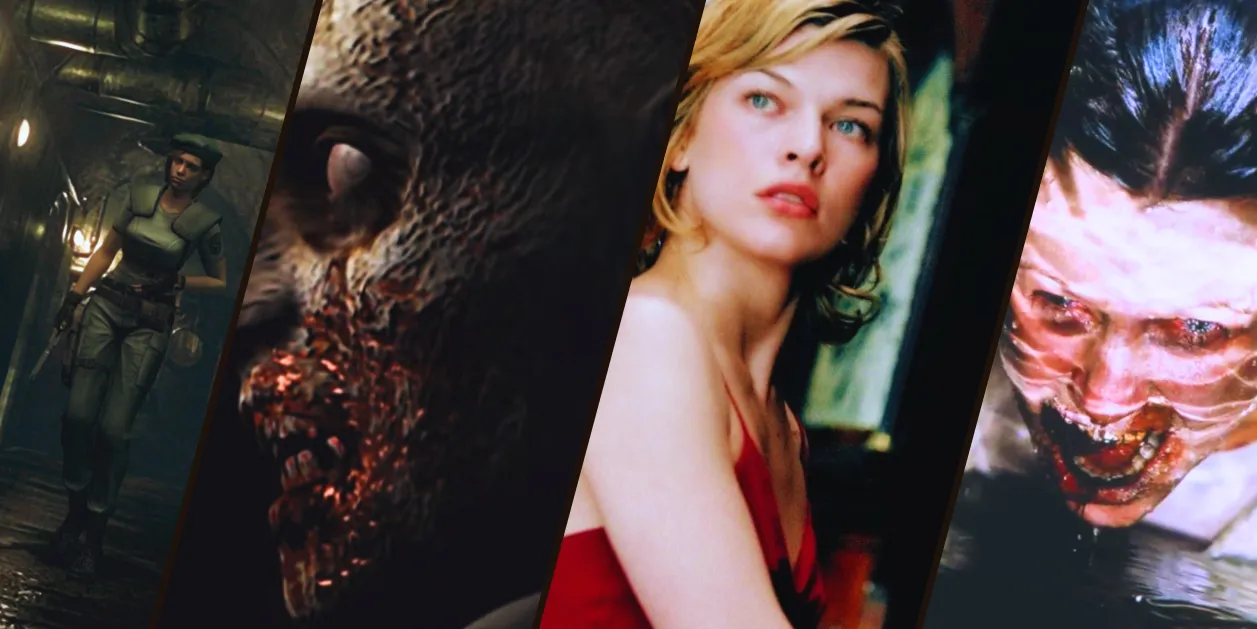
As fans eagerly await more news, the legacy of George A. Romero looms large, a reminder of the path not taken. His vision for “Resident Evil” might have offered a different narrative thread, one potentially more aligned with the horror roots that fans adore. Yet, as the franchise continues to evolve, one thing remains clear: the hunger for more “Resident Evil” stories is as insatiable as the zombies that roam its world.
